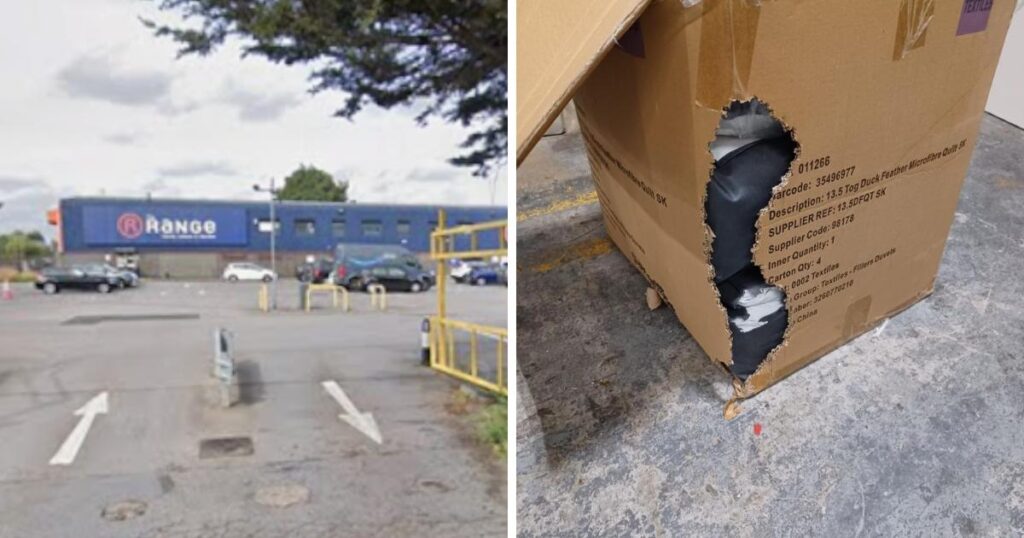Urine and faeces were found around the shop in Suez Road, Enfield, as well as boxes with visible gnaw marks.
The Range pleaded guilty to two food hygiene offences.
These offences, related to a recurring rat infestation at the store, incurred a total fine of £250,000, plus the full payment of Enfield Council’s costs.

The prosecution was a result of inspections by the council’s environmental health officers, following complaints of rat sightings, and the sound of scuttling and squeaking within the store.
The first offence was recorded on February 5, 2024, for failing to implement adequate pest control procedures, for which the company was fined £100,000.
Following another inspection on January 15, 2025, the defendant was found breaching Regulation 19 of the Food Safety and Hygiene (England) Regulations 2013, with continued rodent activity.

A further fine of £150,000 was issued for this offence.
Additional costs of £7,460.43 were imposed on the company.
Councillor Susan Erbil, cabinet member for planning and regulatory services at Enfield Council, said: “The council’s environmental health officers discovered unacceptable conditions when they visited The Range’s premises in Enfield.
“We took immediate action to close the pet section and remove all food for human consumption from the shop floor and cafe to protect our residents.
“The large fines imposed by the judge in court are justified due to the seriousness of this case.
“It’s essential that business operators ensure pest control measures are in place and are regularly monitored.”
The initial inspection revealed a severe rat infestation, with a strong odour of rat urine and faeces on the floor, shelving, and stock.

Numerous pet food packs showed visible gnaw marks, and there was evidence of faeces and smear marks across pet bedding, floors, and shelving.
The warehouse, found to be in disarray, provided ideal nesting and breeding conditions for the pests.
The imminent risk to public health prompted the company to agree to a voluntary closure agreement.
Despite some improvements, a subsequent visit on January 15, 2025, noted more droppings and live rats in the warehouse, leading to court proceedings.




